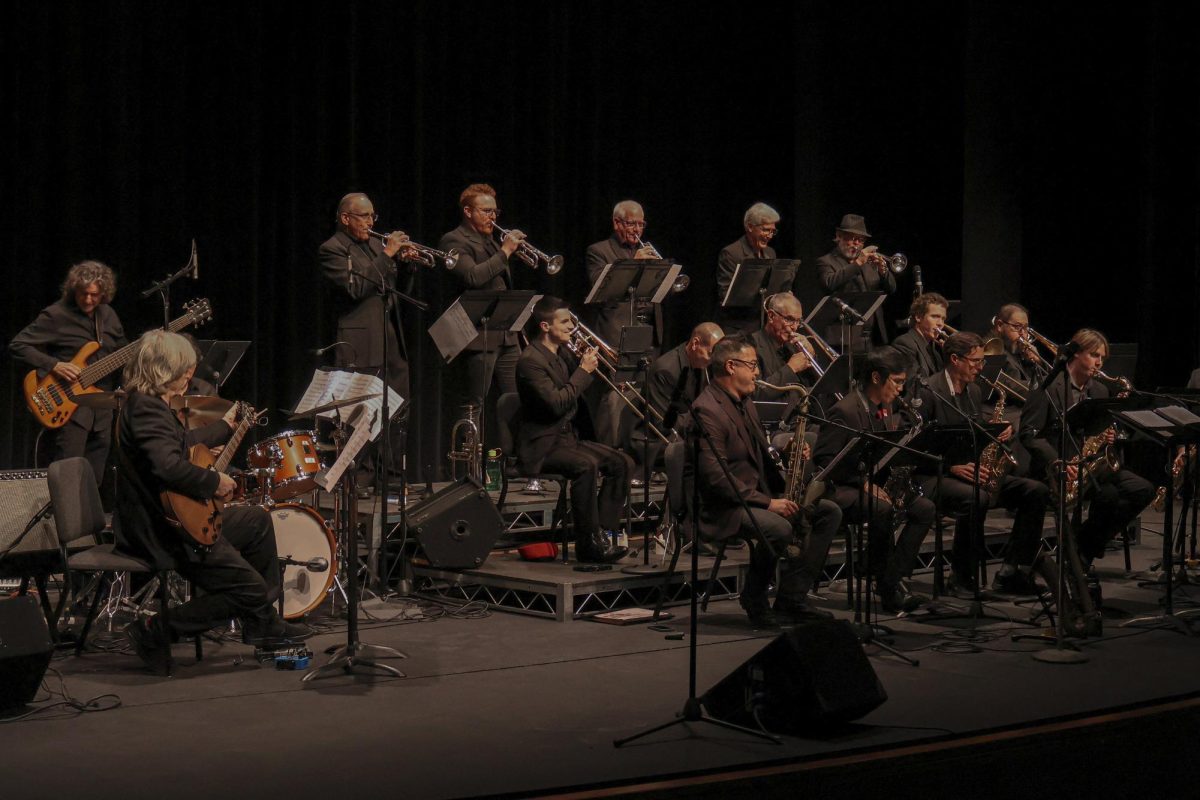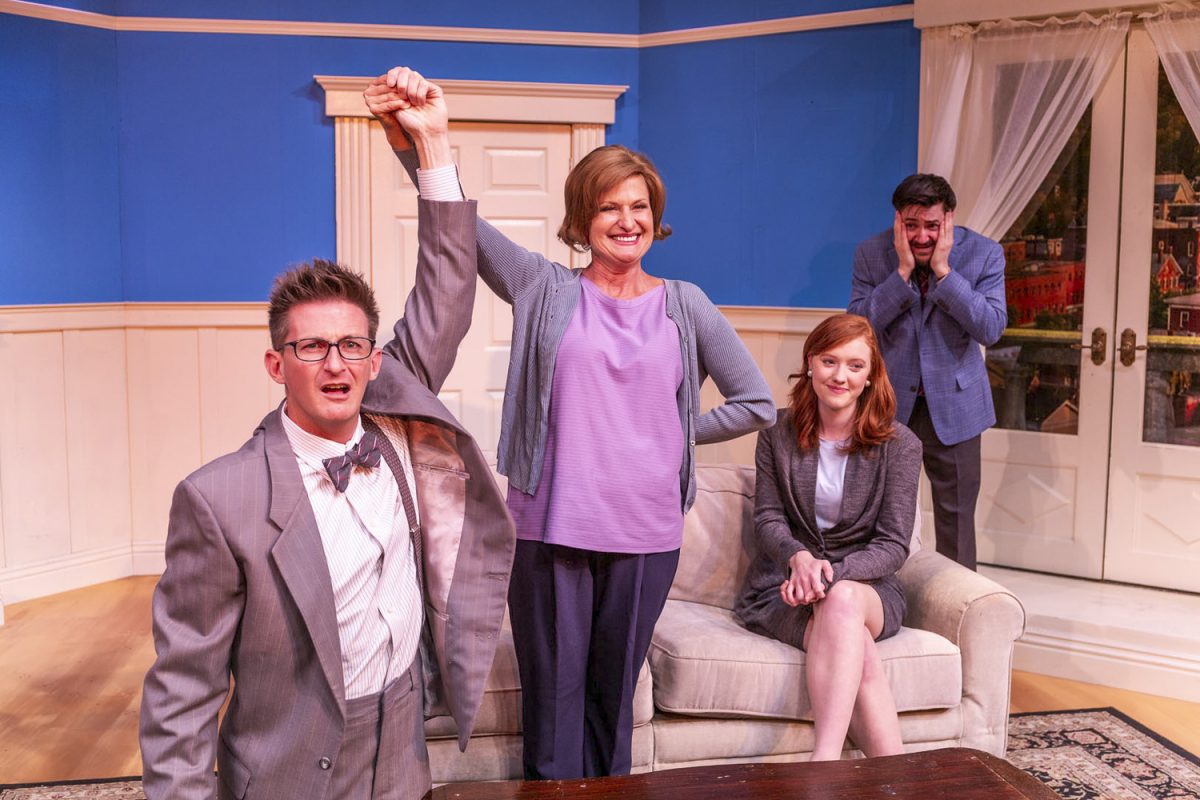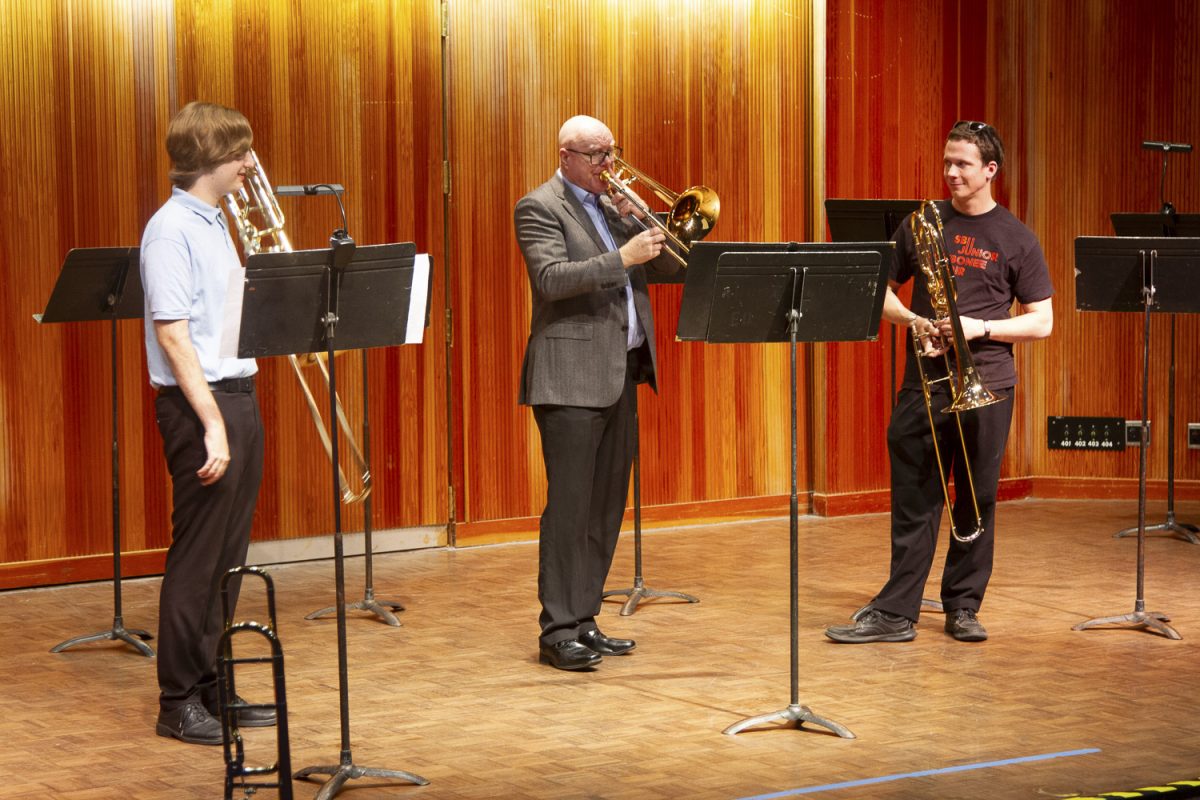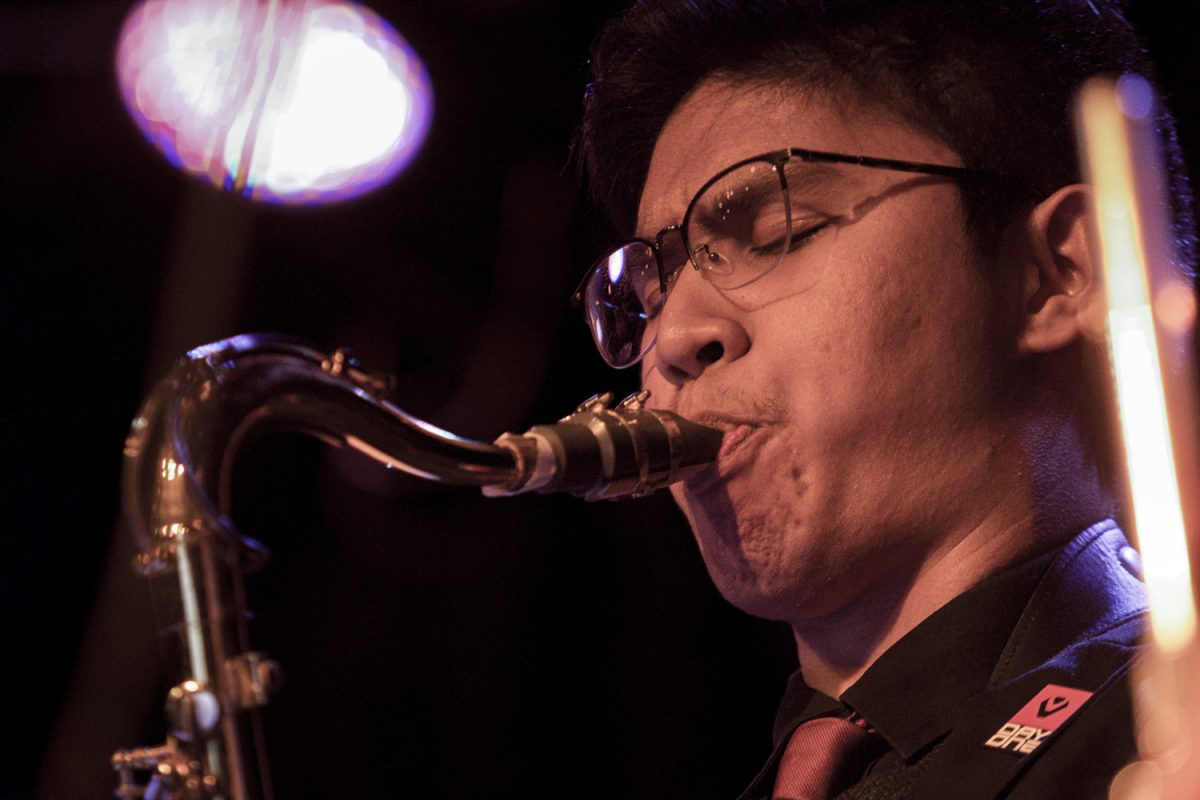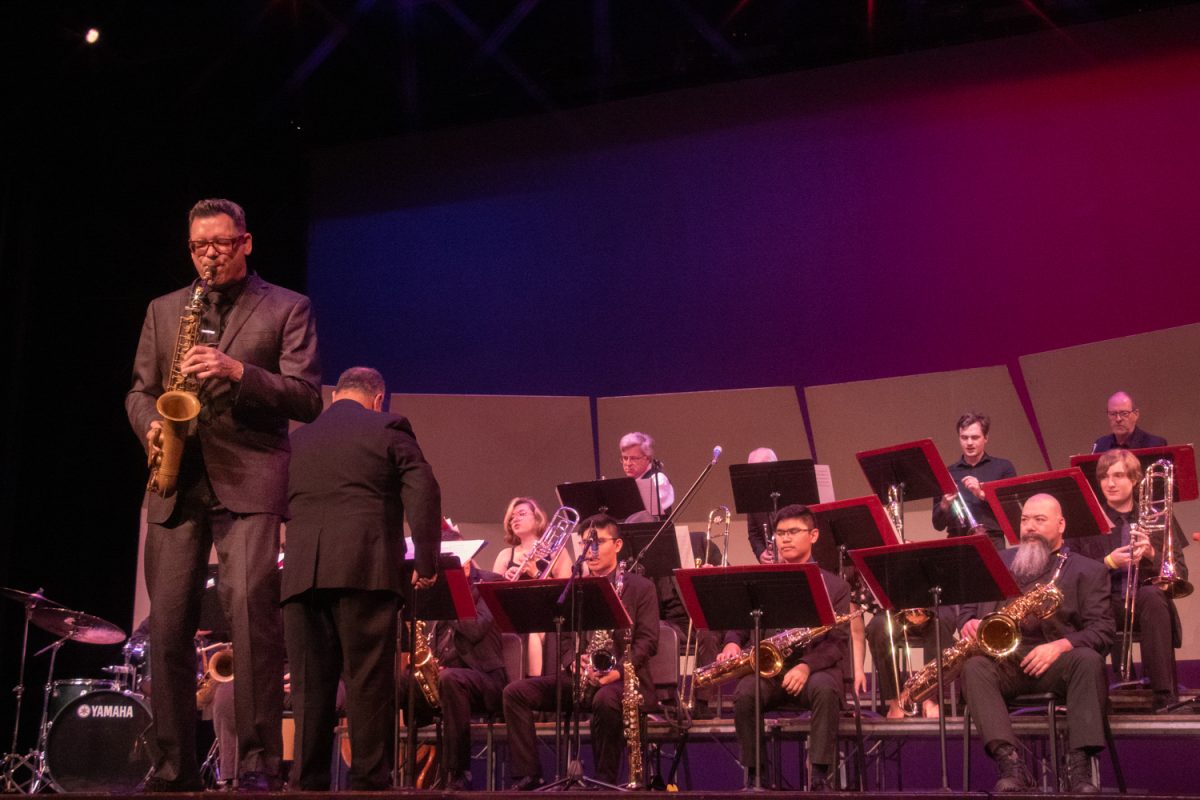The changes made to some music classes this fall have gone well, but whether or not one of the school’s most popular offerings next spring will adapt as smoothly is a concern for some.
As of this semester, the college no longer offers three performance-based classes to continuing education students in its catalog.
Concert band, concert choir, and the symphony all used to allow both credit and non-credit students to participate.
The Monday Madness jazz club, a hugely popular class with older musicians, is schedule for the same in the spring.
“According to the State Chancellor’s Office, the courses did not meet the criteria,” said vice president of continuing education Dr. Ofelia R. Arellano.
That criteria is what the state uses to determine whether or not any class offered by a college makes it eligible to receive funding.
Arellano’s decision was financially motivated. But it has some upset because now if a continuing education student wants to enroll, they have to go through pipeline.
That’ll cost them about $70 for any of the one-unit classes, to be precise. That’s a significant jump in price for older students. They’re used to paying a $12 fee to cover the cost of sheet music.
Negative feedback to the change this summer prompted Vice President Jack Friedlander to step in. He introduced a professional volunteer status for those students unwilling or unable to pay the increased cost.
Here’s how it works, if a continuing education student wants to enroll in one of the music classes, they need to contact the instructor and ask for a “professional volunteer form.” They fill it out, the instructor collects it, and then it’s off to the Board of Trustees for approval.
In turn, the board has implemented a streamlined review process so as many applications as possible can be considered in one sitting.
Friedlander hopes the option will encourage veteran musicians to stay involved.
“Our traditional credit students in the program get to learn from professionals and play … or sing with them,” said Friedlander.
Although “they will be strongly encouraged to enroll for credit,” said college vice president Jack Friedlander, “they don’t have to.”
But there are other potential obstacles. For one, now that the classes are credit, a student can take each only three times. That would deny people from retaking it over and over.
The changes aren’t likely to be reversed. But despite some being upset by them, others are more concerned with how the college went about it.
“I understand they have to look in every nook and cranny,” said trombonist Carlos Maya. “But the cost difference …was a bit much for me.”
Still, music department chair John Clark, remains optimistic.
“No matter what, the band plays on,” Clark said.




